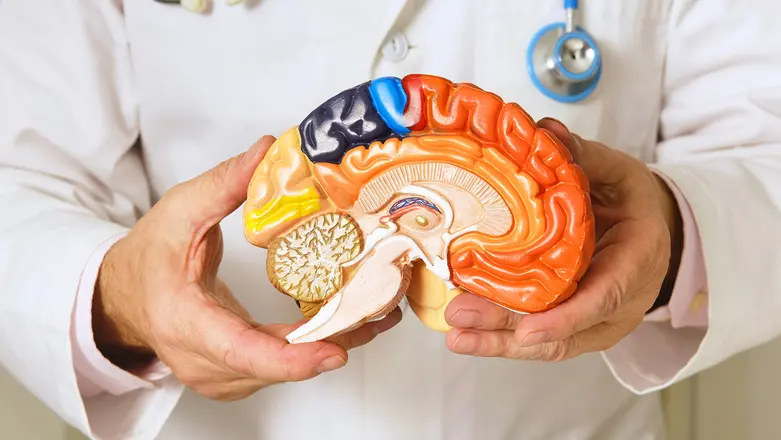-
-
Featured Care Areas


Neurosurgery (Brain & Nerves)
What is neurosurgery?
Neurosurgery, or neurological surgery, is the medical discipline concerned with the prevention, diagnosis, surgical treatment and rehabilitation of disorders that affect the nervous system.
The nervous system includes the brain, spinal cord, peripheral nerves, and extra-cranial blood vessels inside and around the brain.
Neurosurgeons coordinate teams of nurses and surgeons in the operating theatre. They are responsible for complex procedures that take great skill and dexterity.
Types of neurosurgery
Depending on your condition or needs, your neurosurgeon may recommend one or more of the following procedures:
- Biopsy: This procedure uses a small incision and a needle to extract a small amount of tissue so that it can be examined under a microscope for abnormalities.
- Craniotomy: This procedure removes a piece of the skull (called the bone flap) to gain access to the brain.
- Deep brain stimulation: In this procedure, electrodes are implanted in the brain to deliver electrical stimulation to certain areas in the brain. The surgery is usually performed to treat patients with advanced Parkinson's disease and other movement disorders.
- Neuroendoscopy: In this minimally invasive surgery, a thin tube called an endoscope is threaded through the mouth, nose, or small incisions in the skull to access or remove brain tissue.
- Stereotactic radiosurgery: A non-invasive treatment for brain tumours, radiosurgery is a form of external radiation treatment that does not involve an incision.
What is the difference between neurosurgery and neurology?
Neurosurgery and neurology both treat the central nervous system, which includes the brain and spinal cord. The key difference between these medical specialties lies in their approach to neurological disorders:
- Neurosurgeons use neurological and spine surgery to treat a wide range of brain, spine, and nervous system conditions. They may also provide non-surgical treatment and rehabilitation for neuro disorders.
- Neurologists use non-surgical approaches, such as medications and electrical stimulation to treat and provide long-term management for neurological patients. They do not perform surgery.
Neurology and neurosurgery are complementary disciplines. Patients usually meet with a neurologist first for a diagnosis and to decide on a treatment plan.
Our approach
At Gleneagles Hospital, your care is in the hands of skilled and experienced specialists in the field of neurosurgery.
Our neurosurgeons are trained in modern surgical interventions such as stereotactic radiosurgery and TomoTherapy® to give every patient optimal clinical outcomes in their customised treatment.
Receive quality care at our hospital with our well-equipped medical facilities, modern diagnostic services as well as attentive nursing support.
Why choose Gleneagles Hospital?
At Gleneagles Hospital, our team of neurosurgeons and neurologists are known for their expertise in treating complex brain conditions.
As a well-equipped boutique hospital in Singapore, we are outfitted with sophisticated medical technology and facilities. Our skilled neurosurgeons are trained in modern surgical procedures to deliver effective treatment across a wide range of neurological conditions.
This page has been reviewed by our medical content reviewers.
Need help?
For enquiries, please call
+65 6575 7575
For appointment bookings, please WhatsApp
+65 8111 9777



